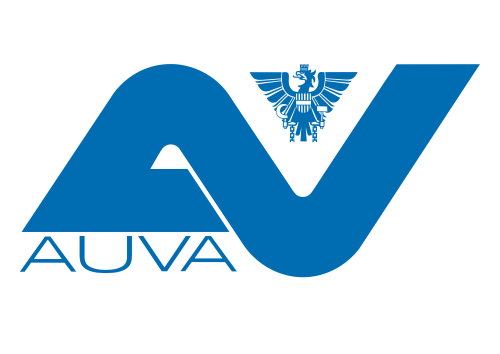
Video Napo – Lungs at work
Other films featuring the character Napo are available at https://www.napofilm.net/en/napos-films/films?films=all.
The Napo Consortium currently has eight members
– AUVA (Austria), CIOP (Poland), DGUV (Germany), EU-OSHA (Bilbao, Spain), INAIL (Italy), INRS (France), SUVA (Switzerland) and TNO(The Netherlands).

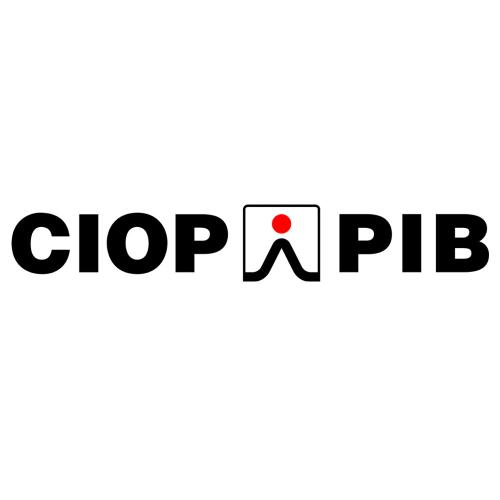

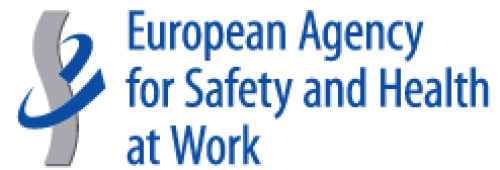
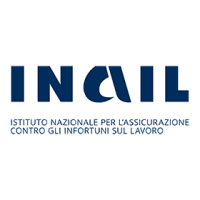

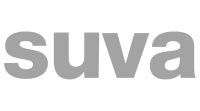

Can I drink alcohol at the workplace?
No.
In the Czech Republic, as an employee, you are obliged not to consume alcoholic beverages or abuse other addictive substances (e.g. tobacco, marijuana, opioids, full list here) at the employer's workplaces. The same prohibition applies to you if you are away from your employer's workplace during working hours (e.g. on a business trip).
Section 106 (4) (e) of Act No. 262/2006 Coll., the Labor Code
What if I drank alcohol before starting work?
You must not enter the employer's workplace under the influence of alcohol (or other addictive substances).
Section 106 (4) (e) of Act No. 262/2006 Coll., the Labor Code
What about a celebration at work after working hours? Is alcohol allowed there?
No.
It is forbidden to consume alcoholic beverages even outside of working hours at the workplace. This applies to celebrations held at the workplace after working hours, which, however, many managers tolerate in reality. However, it is contrary to Czech legislation.
Section 106 (4) (e) of Act No. 262/2006 Coll., the Labor Code
Is there an exception to the ban on alcohol at work?
Yes, there are two exceptions.
Beer with a reduced alcohol content may be consumed by employees who work in adverse microclimatic conditions (e.g., in high heat at blast furnaces). Alcohol may also be consumed by employees for whom it is part of their job duties (e.g., sommeliers, tasters, etc.).
Section 106 (4) (e) of Act No. 262/2006 Coll., the Labor Code
A manager is making me take a breathalyzer test to check if I am under the influence. Do I have to comply?
Yes.
An employee is required to undergo testing to determine if they are under the influence of alcohol or other addictive substances, at the instruction of an authorized managerial employee who has been designated in writing by the employer. The testing can be conducted directly by the managerial employee or by another designated person, such as a person professionally qualified in risk prevention (often called "bezpečák" (safety officer) in the Czech Republic).
Section 106 (4) (i) of Act No. 262/2006 Coll., the Labor Code
An indicative examination and professional medical examination must be undergone by a person for whom there is reasonable suspicion that they are or were under the influence of alcohol or other addictive substances while performing an activity that could endanger their own life or health or that of others, or damage property. Among other things, the employer is also entitled to request the person to fulfil the obligation to undergo an examination. If you refuse the indicative examination (or it cannot be performed or completed), a specialist medical examination will be performed. If you refuse to do so, you will be seen as if you were under the influence of alcohol or other addictive substance.
Section 20 of Act No. 65/2017 Coll., on health protection against harmful effects of addictive substances
What are the consequences if I refuse an alcohol test or if it is found that I was under the influence of alcohol?
If you refuse the test without serious reasons, or if it is proven that you were intoxicated at the workplace, you may be notified of the possibility of termination of your employment. Your employer may terminate your employment immediately. However, it depends on the circumstances and the employer how they approach your misconduct. A positive test result does not always constitute a breach of obligations severe enough to qualify as a serious breach of duty for which the employer could immediately terminate your employment.
Section 52 (1) (g) of Act No. 262/2006 Coll., the Labor Code
What if I have an occupational injury while under the influence of alcohol?
If you suffer an occupational injury as a result of your drunkenness (or under the influence of other substances) and drunkenness is the only cause, your employer may completely disclaim responsibility to compensate you for damages or non-material damage for the occupational injury. Simply put: you will not receive compensation. More information in the Compensation for occupational injuries tab
Section 270 (1) (b) of Act No. 262/2006 Coll., the Labor Code
What about smoking in the workplace?
Smoking poses risks to human health and can also cause an emergency (e.g. fire). As an employee, you are required not to smoke at workplaces and other areas where non-smokers are also exposed to the effects of smoking. Free smoking in the workplace is almost impossible in practice because of non-smoking employees.
Each natural person must also act in a way that does not lead to the occurrence of a fire – smoking is particularly risky in environments where flammable materials or explosives are handled.
Your employer must ensure a smoking ban at designated workplaces where there is public interaction (e.g., in publicly accessible indoor spaces, in vehicles, and on public transport platforms, in schools, inside restaurants, in healthcare facilities, at children's playgrounds, etc.).
Your employer can therefore ban smoking in the workplace altogether or set up structurally separate smoking areas (so-called "smoking rooms").
For details see:
Section 106 (4) (e) of Act No. 262/2006 Coll., the Labor Code
Section 8 (1) of Act No. 65/2017 Coll., on health protection against harmful effects of addictive substances
Can I smoke during the break?
Yes, outside the employer's workplace.
Food and rest breaks provided do not count towards working hours and you can usually leave the employer's premises. Your employer cannot prohibit you from smoking outside of workspaces.